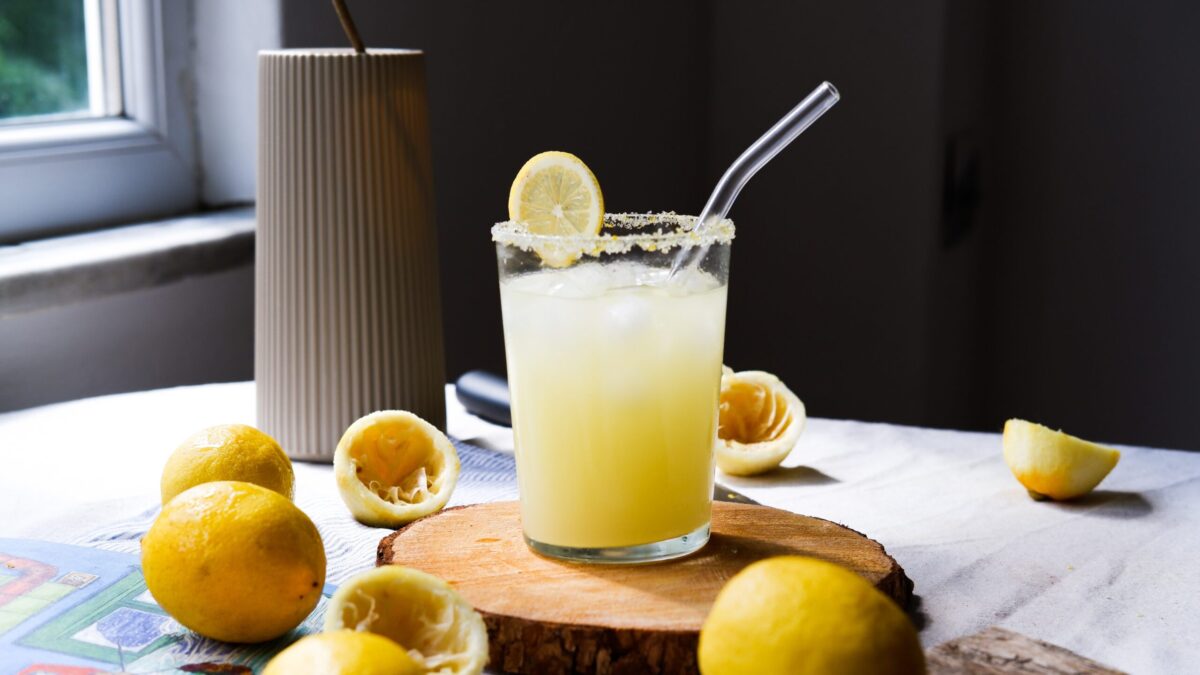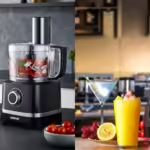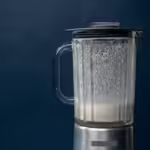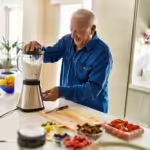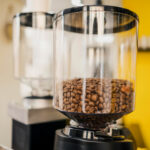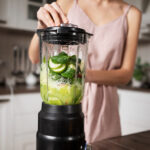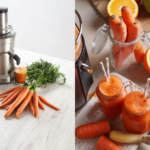Lemons, with their vibrant and invigorating flavor, have transcended cultural boundaries to become a cornerstone of culinary excellence. From tantalizing marinades to zesty dressings, their tangy essence enlivens a wide array of dishes.
Amidst the artistry of cooking and mixology, a simple yet captivating question often emerges: Just how much juice in one lemon? This query, a testament to the enigmatic nature of culinary ingredients, stirs the imagination of chefs and home cooks alike
Behind the bright yellow facade lies a mystery waiting to be unravelled—the precise volume of juice concealed within a single lemon. As we embark on a quest to decipher this culinary enigma, we explore the factors that influence lemon juice yield.
How Much Juice in One Lemon? Squeezing Out the Facts:
When life gives you lemons, it’s time to start juicing! The amount of juice you can extract from a single lemon depends on various factors, including its size, ripeness, and the juicing method you use. On average, a medium-sized lemon can yield approximately 2 to 3 tablespoons of juice. However, some lemons might surprise you with even more liquid gold, especially if they are plump and bursting with juice.

How to Juice Lemon Easily?
Juicing a lemon can be a breeze with a few simple techniques. Here’s how to juice a lemon easily:
Roll the Lemon:
Before cutting, firmly roll the lemon on a countertop while applying gentle pressure with your palm. This helps break down the internal membranes and makes the lemon easier to juice.
Microwave Trick:
For even more juice, microwave the lemon for about 10-15 seconds before juicing. This slightly warms the fruit and helps release more juice.
Cutting the Lemon:
- Cut the lemon in half crosswise, not lengthwise. This exposes more of the fruit’s juice-filled segments.
- If you’re using a manual citrus juicer, cut a small slice off the rounded end of each lemon half. This creates a flat surface to press against the juicer.
Hand Juicer or Citrus Press:
- Place one lemon half cut-side down into the bowl of the hand juicer or the pressing cone of the citrus press.
- Squeeze or press down firmly to extract the juice. If using a hand juicer, twist and turn it to get the most juice out.
Manual Reamer:
If you don’t have a hand juicer or citrus press, you can use a manual reamer. Simply insert the reamer into the cut side of the lemon and twist while applying gentle pressure.
Straining:
To catch any seeds or pulp, strain the freshly squeezed juice through a fine mesh sieve, tea strainer, or cheesecloth into a bowl or container.
Using a Fork:
If you’re in a pinch, you can also use a fork. Insert the tines of the fork into the cut side of the lemon and twist while applying pressure. This method might not be as efficient as a juicer, but it works.
Store Unused Lemon:
If you only need a portion of the lemon juice, store the unused portion by wrapping it in plastic wrap or placing it in an airtight container in the refrigerator. Squeezed lemons can last a few days this way.
Remember, the key to easy lemon juicing is using the right tools and techniques. With a little practice, you’ll become a pro at extracting every drop of tangy goodness from your lemons.
Conclusion:
mastering the art of lemon juicing empowers you to unlock the full potential of this citrus gem. Understanding “How Much Juice is in One Lemon” and employing techniques like rolling, microwaving, and using the right tools ensures you capture every tangy drop. Elevate your culinary journey with the vibrant essence of lemons, adding zestful delight to your creations.
FAQ’s
Q6: Can I use lemon zest after juicing?
A6: Absolutely! Lemon zest is rich in flavor and can be used in various dishes and desserts even after juicing the fruit. Grate the zest before juicing for best results.
Q7: Can I freeze lemon juice for later use?
A7: Yes, you can freeze lemon juice in ice cube trays or small containers. This is a convenient way to have lemon juice readily available for recipes or drinks.
Q8: Can I use a blender for juicing lemons?
A8: While a blender can be used, it might not be the most efficient method for juicing lemons. Blenders are better suited for larger quantities and might not fully extract all the juice.
Q9: Does the juicing technique affect the taste of the lemon juice?
A9: The juicing technique itself doesn’t significantly impact the taste, but using the right technique ensures you extract the most juice without bitterness from the pith.
